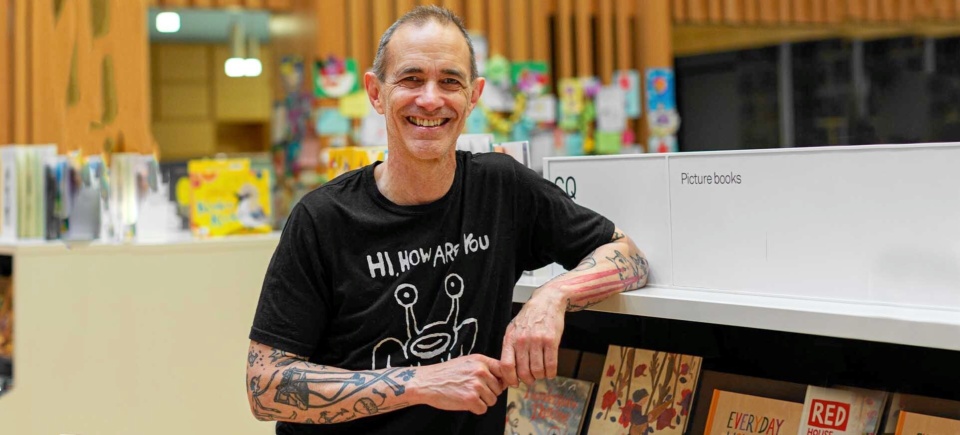
The king of literary silliness becomes Australia’s Children’s Laureate
Posted on 25 Feb 2026
Author Andy Griffiths has spent 30 years bringing “punk rock” to children’s books, making kids…
Posted on 16 Nov 2023
By Greg Thom. journalist, Institute of Community Directors Australia

A desire to harness the power of human connection to make a positive difference in the world inspired Amy Churchouse to create the Good Karma Network and the charity Good Karma Effect.
I grew up in Wellington, New Zealand, and being fairly outgoing with lots of interests, I've explored many different roles and industries over the years.
By the age of 30 I had obtained a sport science and psychology degree, and been a fitness instructor, a student politician, a sales consultant, a representative rugby player, a zookeeper, a step mum, an ESL teacher, a house owner, a sales training manager, an international tour guide, and a business owner.
At age 31 I decided to follow my childhood dream of becoming a vet and tried to get into vet school in New Zealand.
I was successful on my first attempt and after five years at Massey University Veterinary School moved to Australia to start my career as a vet.
During my first two years as a new graduate vet, I observed and experienced some of the challenges that negatively affect the mental health of vets and contribute to the high suicide rate in this industry, giving me a much deeper awareness of the suffering that is experienced by many in society, and the lack of support for people who are struggling.
I thought back to my time as a zookeeper when an important part of our job was designing enclosures and routines in a way that optimised the social interactions, health and well-being of the animals.
I zoomed out and asked myself how is it that we have designed a system where intelligent, compassionate, empathetic, animal lovers personally invest a huge amount before entering this career and as a result have their risk of suicide increase to one in four.
Luckily, I was given opportunities to leave the veterinary industry, and now I work with people and organisations to identify challenges and explore how things can be redesigned to make them more efficient, effective, sustainable, connected or impactful.
I work with individuals, communities and organisations and am actively engaged in both social and systems change conversations and initiatives.
I've always been a problem solver, and when I see or experience problems, I like to take action to improve things. I ask myself “What can I do with what I have to make things better?” in whatever situation I’m in.
After a year in Melbourne, I found myself with a number of problems, both big and small.
I needed a saw to cut some wood for a project, so I went to Bunnings and bought a saw for $7 to complete the job.
This was a quick and easy solution, but the $7 I spent would have been a generous gift for someone who didn't have any food.

The saw I purchased was just another thing that our planet would need to deal with when it became waste. I was sure there must have been a better way to achieve what I needed to.
Then I lost my cat.
After taking a day off work to print flyers (more resources expended and waste for the world to deal with) and deliver them around the neighbourhood, I sat on my couch aware that the only thing that could help me in this situation was other people and their eyes.
I was beside myself, and in that moment, it occurred to me that if the challenges in my life, both big and small, were taking such a toll on me, with all of the fantastic opportunities and resources I had available to me, then there had to be a whole lot of other people out there struggling too.
I decided that I wanted to try to make a positive difference.
I wanted to try to help people, I wanted to help people help each other and I wanted to help people reduce the resources they expended and the waste they produced.
I thought, wouldn't it be great if there was some way that we could share our problems to see if other people could help us to solve them? I then looked around to see what I could use to facilitate that.
Facebook had a groups function with a forum where people could share their challenges or what they needed so that the rest of the community could help.
What could be possible if we explored the potential of human connection?
It was then that the Kensington Good Karma Network (KGKN) was created – a safe place to ask for help from your neighbours.
It empowered people to make a difference by helping others while also saving time and money, building relationships within the community and reducing consumption and waste.
"We are so disconnected and, it seems, oblivious to the different narratives that are keeping us polarised. We need to come back together and remember that we are all human and have the same basic needs."
The Good Karma Effect (GKE) is a registered charity that was designed to support the establishment and maintenance of Good Karma Networks (GKNs).
It aims to provide the framework and support to enable passionate community members to facilitate positive outcomes through Good Karma Networks.
People began to talk about the positive experiences and outcomes that were being achieved on the Kensington GKN, and in 2017 people from around the country started to contact me to ask how they could start a GKN in their suburb.
Of course, wanting to help them, I shared the model and the things I had done to grow the network and facilitate engagement that were positive and helpful.
With GKNs beginning to pop up all over the place and many founders struggling with how to establish and manage online communities, I was very busy helping them.
I was also aware that if the movement continued to grow then we would need some resources to support the growing number of administrative teams that were required to support active and engaged online communities on social media, a space which was known to have many challenges that negatively impacted people.

I was determined for GKNs to be positive, safe online places for people to ask for help so that everyone could access them in times of need, and I wanted to support the passionate community members who also wanted to connect people within their neighbourhoods to solve problems.
Once again, I looked around to see what mechanism there was for accessing resources, and it appeared to be a charity.
Unfortunately, in 2017 I wasn't aware of the systemic challenges in the philanthropic and social sectors that were limiting the opportunities and impact of many organisations and wasting resources.
Over the past seven years, despite more than 55 GKNs starting up in five states across Australia, and a combined membership of more than 170,000 helping each other every day, we have been unable to obtain the resources required to fulfill our purpose, and the organisation has struggled to provide adequate support for the growing number of GKNs and administrators.
As a result, numerous GKN founding teams have found it difficult to establish and grow their communities, facilitate positive engagement and outcomes, and maintain the strong and cohesive admin teams that are required to keep GKNs alive. About 20 networks have closed.
Since its inception, the Good Karma Effect, however, has received generous donations of in-kind support from several organisations and many volunteers, which has made the work that we do easier, and we are incredibly grateful for these contributions.
Those GKNs that have been able to find enough volunteers to keep their groups open have continued to be effective community connectors and problem-solving tools.
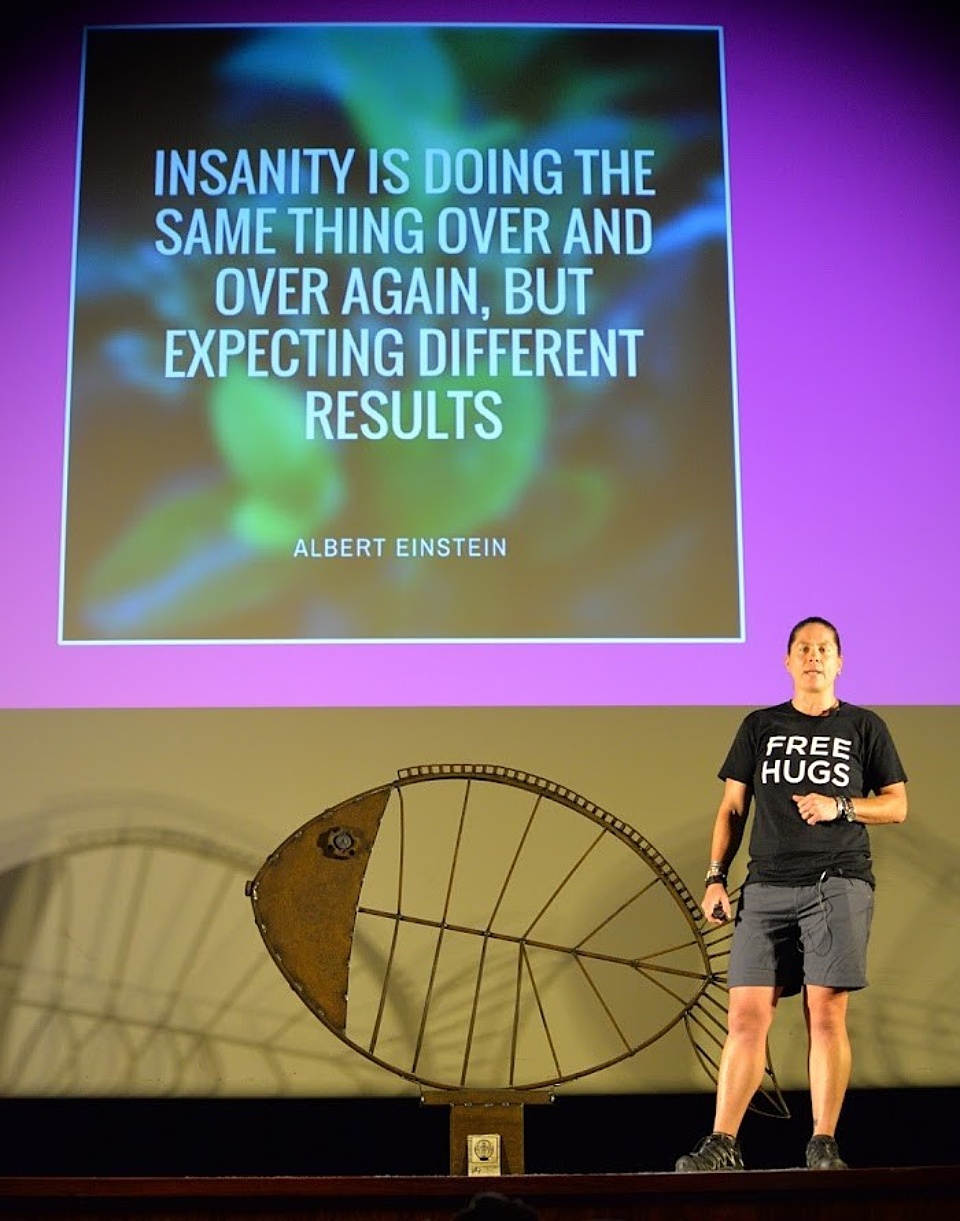
Yes, social media has changed since the first group was established in 2016. It has also become evident that Facebook algorithms may be limiting the effectiveness of our communities.
The tagline of the Good Karma Effect (my motto) is “The potential of human connection”.
I’m curious to see what might be possible if we create safe places where we not only accept but embrace people for their differences, and then support people to come together to explore the potential of human connection.
What might we learn from each other? What might we see that could help us understand each other?
We are so disconnected and, it seems, oblivious to the different narratives that are keeping us polarised.
We need to come back together and remember that we are all human and have the same basic needs.
If we worked together and redesigned things then we would be able to make sure everyone was okay, and that our planet was going to be ok as well.

Posted on 25 Feb 2026
Author Andy Griffiths has spent 30 years bringing “punk rock” to children’s books, making kids…

Posted on 18 Feb 2026
When Nyiyaparli woman Jahna Cedar travels to New York next month as part of the Australian…

Posted on 11 Feb 2026
Rev. Salesi Faupula is the Uniting Church’s moderator for the synod of Victoria and Tasmania. Born…
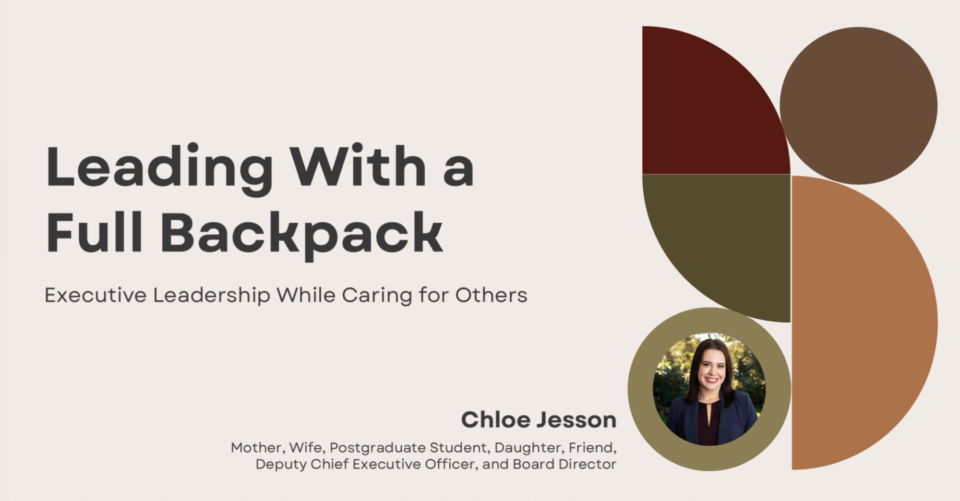
Posted on 04 Feb 2026
At the Third Sector leadership conference in Sydney last year, Queensland health executive Chloe…
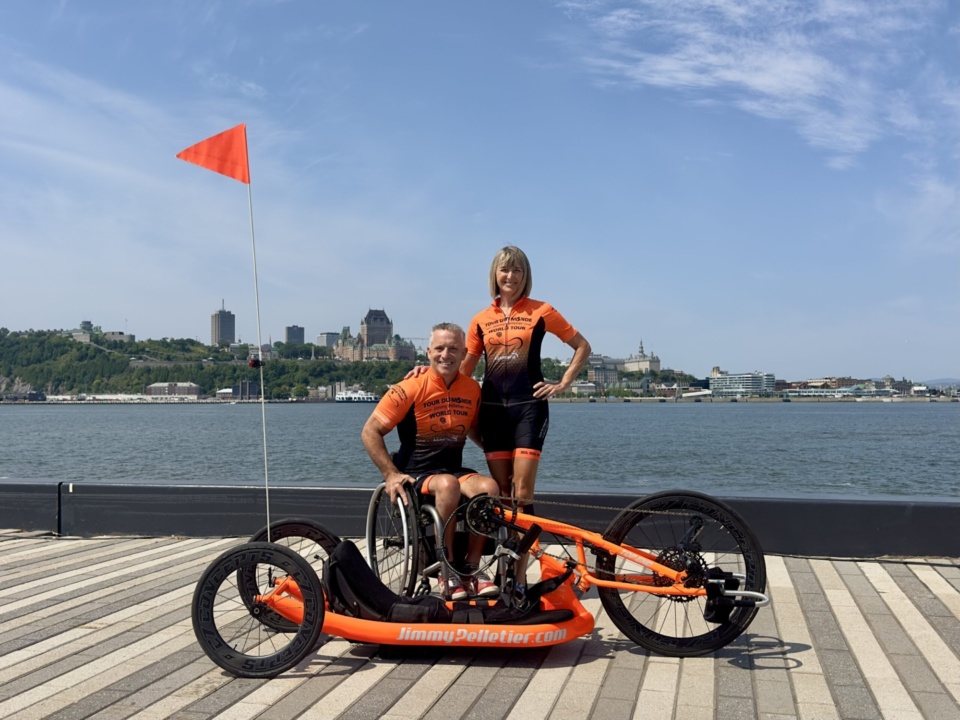
Posted on 28 Jan 2026
French-Canadian Jimmy Pelletier, who lives with paraplegia, is six and a half months into a…
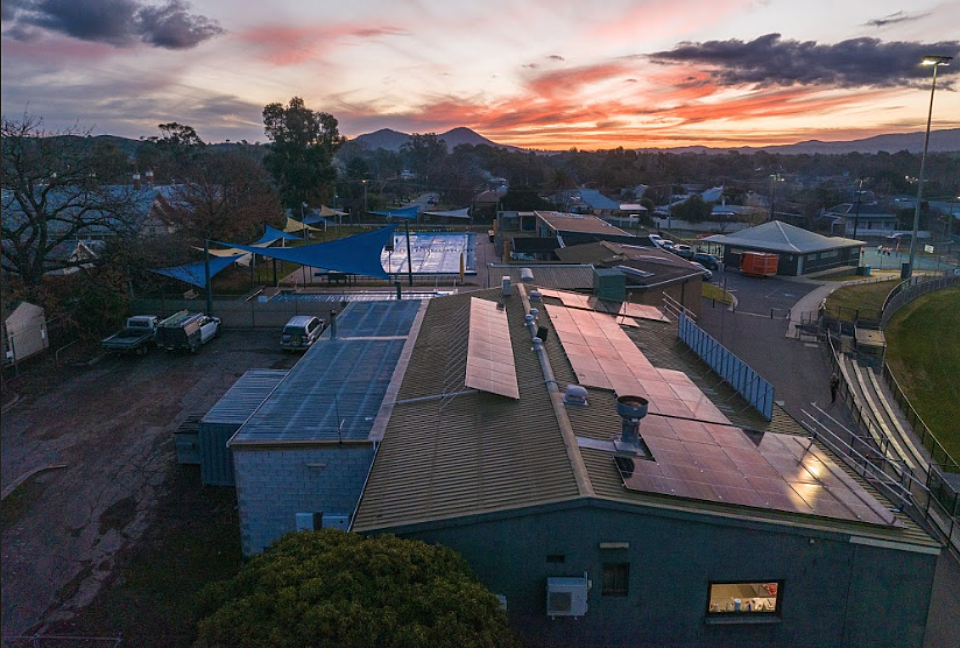
Posted on 16 Dec 2025
Lex Lynch spent more than two decades in the climate change and renewables field before last year…
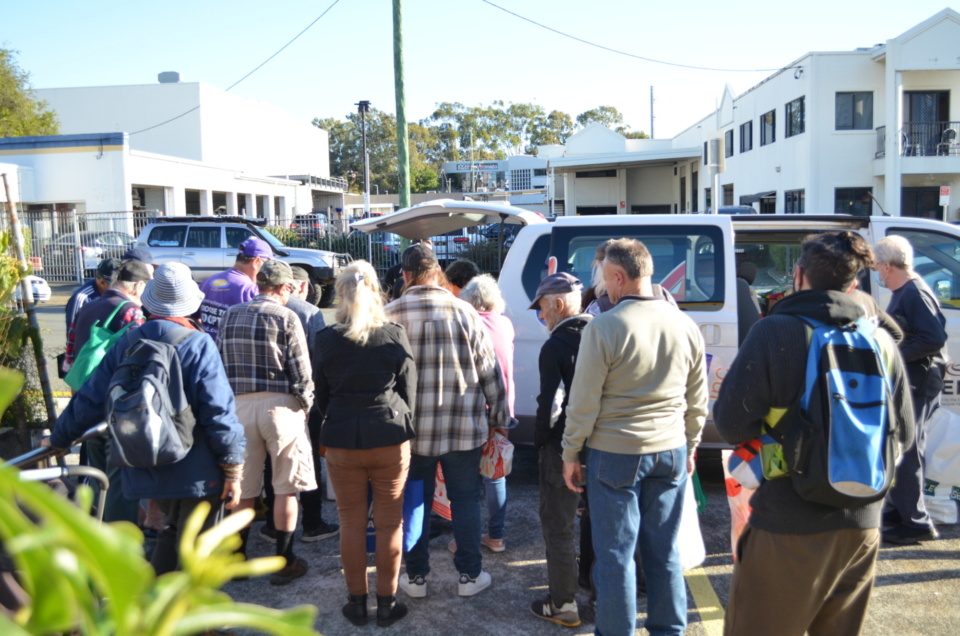
Posted on 10 Dec 2025
A long-time advocate for rough sleepers in northern New South Wales has been named her state’s…
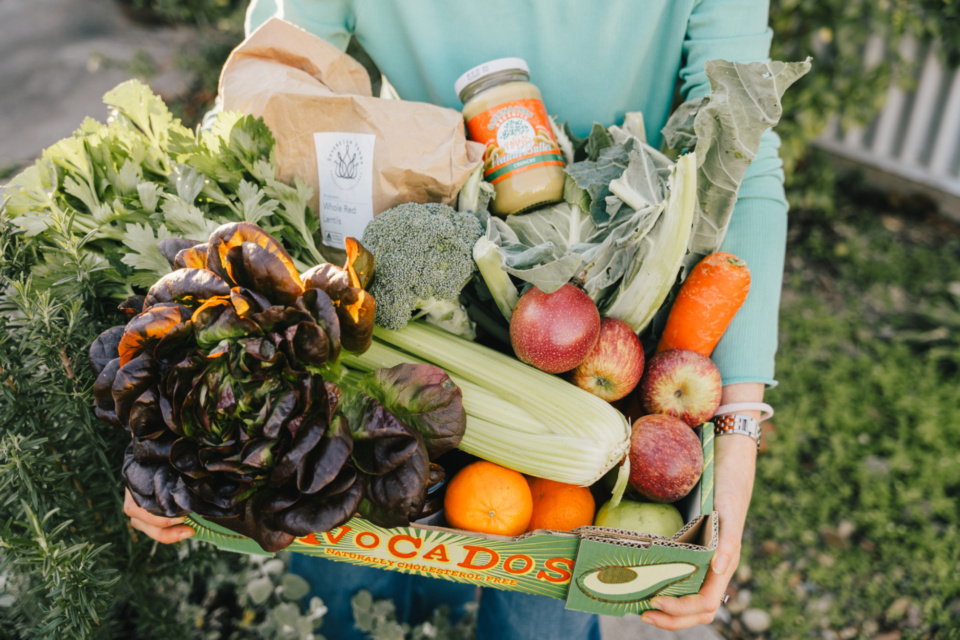
Posted on 03 Dec 2025
Emma-Kate Rose is the co-CEO of Food Connect Foundation, working with communities to support the…
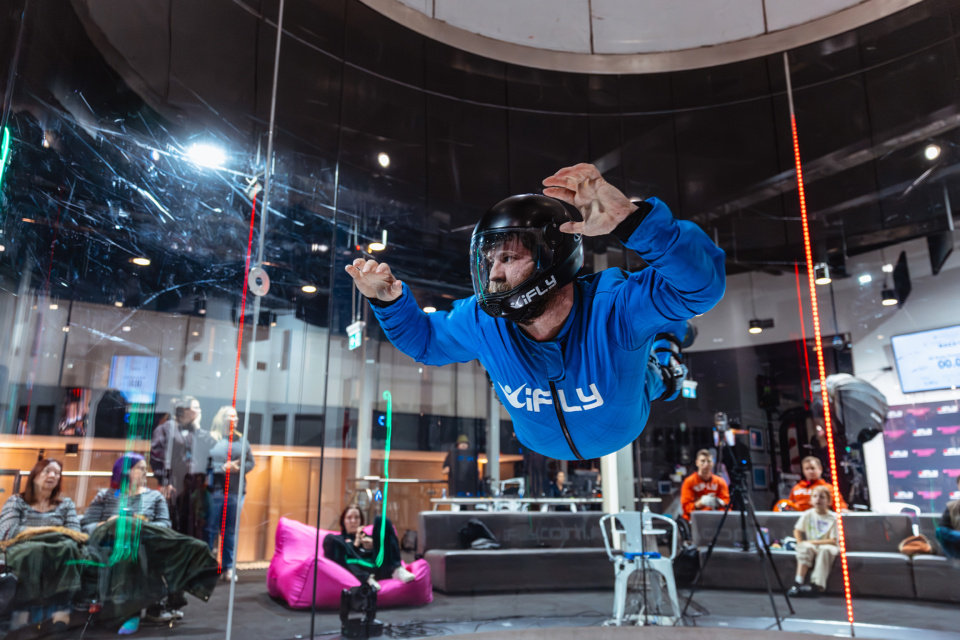
Posted on 26 Nov 2025
Next Wednesday, December 3, All Abilities ambassador Greg Pinson will be celebrating the…
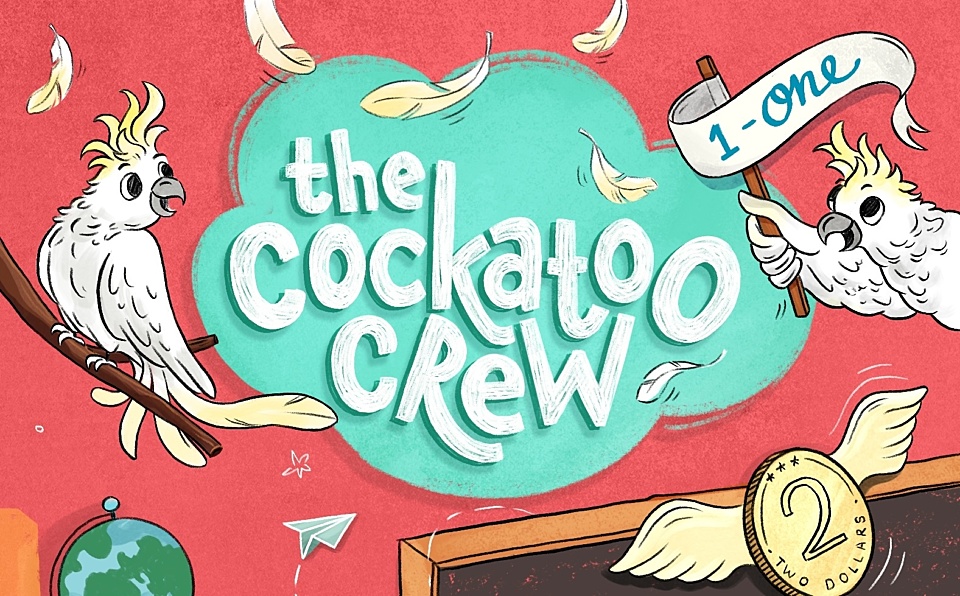
Posted on 19 Nov 2025
Lora Inak is the author of the Cockatoo Crew books, a new children’s fiction series (illustrated by…
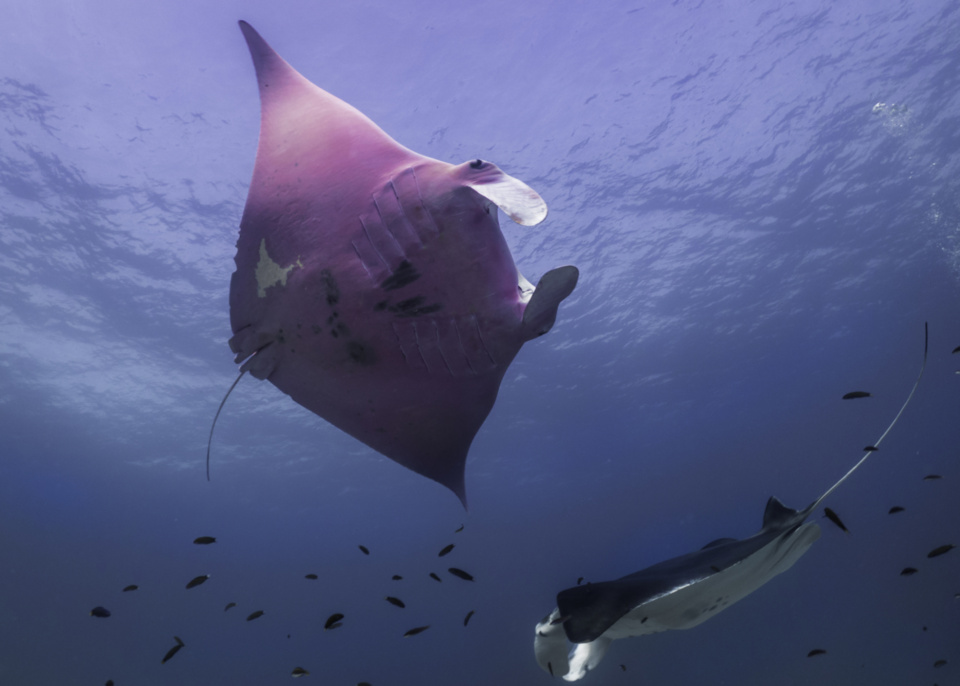
Posted on 11 Nov 2025
Project Manta, a long-running scientific study that includes a citizen scientist component, is…
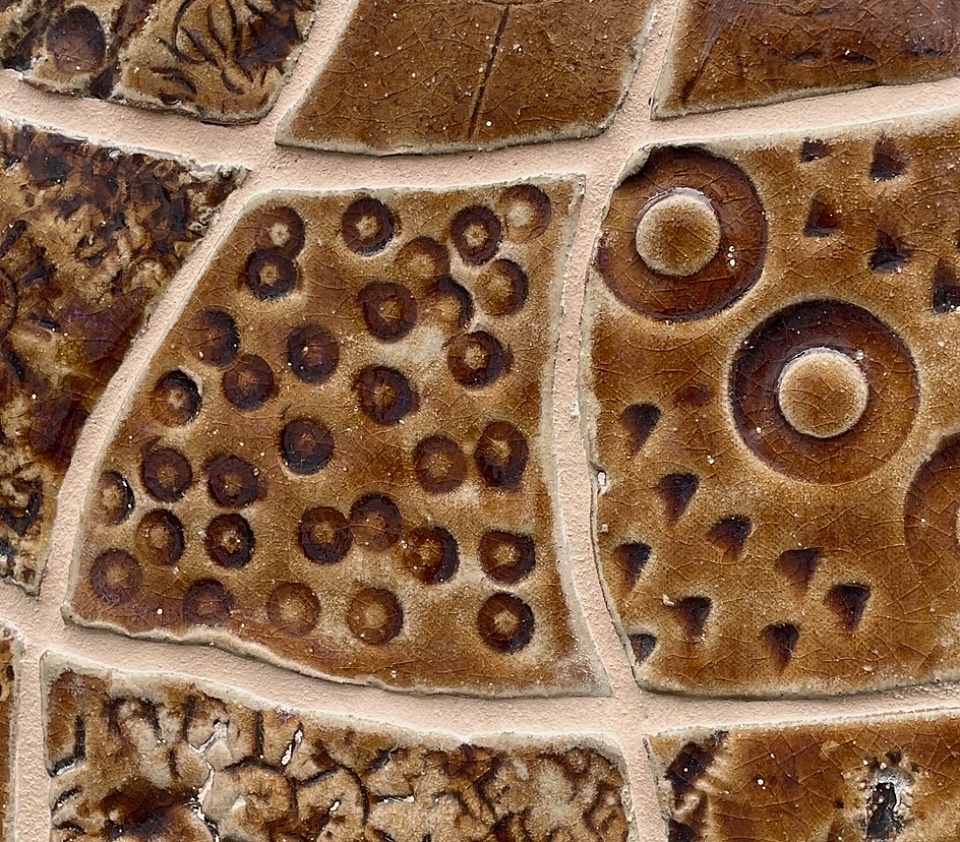
Posted on 04 Nov 2025
Diamando Koutsellis is the CEO of the not-for-profit Australian Ceramics Association, as well as a…